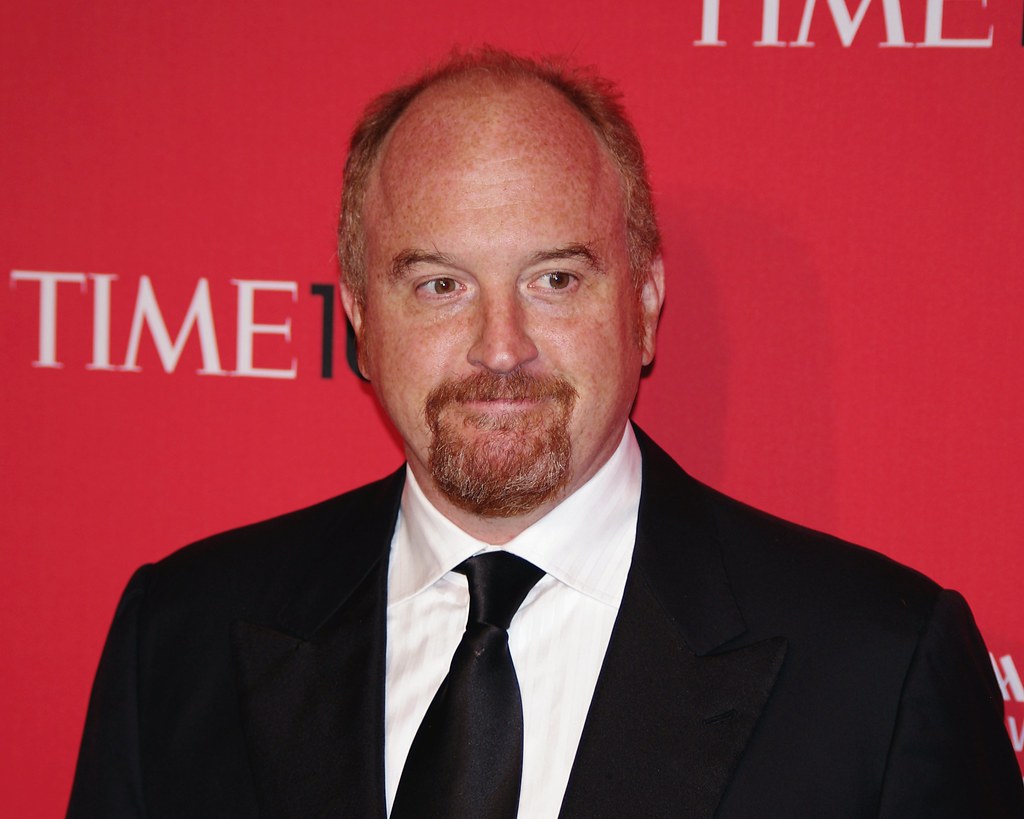Quid pro quo workplace harassment involves situations where employee benefits or conditions are tied to the acceptance of unwelcome sexual attention or demands.
Four Quick Quid Pro Quo Harassment Examples:
- A manager threatens to fire an employee unless they engage in a romantic relationship.
- An manager promises a promotion only if an employee performs romantic or sexual favors.
- A manager suggests an employee will receive favorable treatment on the condition that they comply with the manager’s inappropriate requests.
- An employer indicates that bonuses will be given only if intimate photos are shared with them.
In recent years, the #MeToo movement brought to light the extent of sexual harassment in the workplace. One specific type of harassment in the work place that goes unnoticed is quid pro quo harassment. Quid pro quo harassment occurs when someone in a position of power requests sexual favors in exchange for job benefits or opportunities.
In this series of “Quid Pro Quo Harassment Examples,” we’ll cover some real-world cases of quid pro quo harassment to shed light on the silent problem.
One Quid Pro Quo Harassment Example

The Workplace Power Play
A common example of quid pro quo workplace harassment involves a supervisor using their authority to coerce an employee into engaging in sexual activities in exchange for money, promotions, or other favorable treatment.
Because of the harassment coming from the supervisor, victims typically fear retaliation or job loss if they refuse the advances. This creates a toxic power dynamic within the workplace, rife with moral concerns and legal exposure.
Real World Quid Pro Quo Harassment Examples
In 2017, comedian Louis CK faced significant public backlash when allegations of sexual harassment came to light.
Multiple women came forward with accounts of Louis CK exposing himself to them, with and without consent.
Many of the women were in the industry, but not at his level of fame or recognition. Others were trying to enter the industry Louis was already the King of.
The comedian admitted to the allegations, issuing an apology and acknowledging the abuse of his power in the recounted instances. Because the women feared professional retaliation if his advances were turned down, this is an example of quid pro quo harassment
The revelations had a profound impact on his career such as leading to cancellations of television projects already in production. A significant reevaluation of his standing within the entertainment industry took place as well.
Because of the power dynamics between Louis CK and his victims, the CK case underscores the importance of addressing and condemning sexual harassment in all industries, and sparking conversations into accountability, consent, and the need for systemic change in the industry.







Leave a Reply